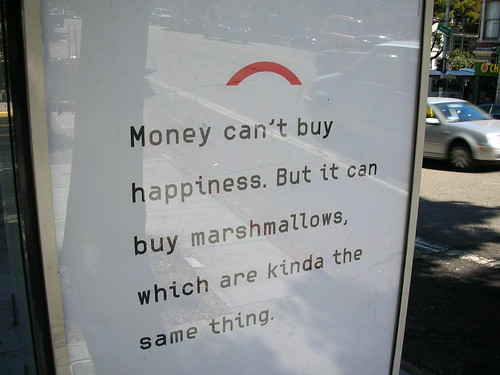The Economist: How important is it to make things?
As they point out - when it comes to growth and economics, not very:
As the weak recovery continues, various experts continue to linger on the importance of manufacturing to growth in output and employment. America's economy will work again, many argue, when its workers are once again engaged in the critical task of making things. I continue to struggle to understand this focus. Think of the kinds of tasks that make a product possible: the people who identify a market opportunity and come up with a concept, the people who produce a workable product design, the people who design a production method and supply chain, the people who find supplies and labour at prices and qualities consistent with profitable production, the people who manage the logistics of bringing inputs together, the people who actually assemble the inputs, the people who manage the logistics of delivering the goods to markets, the people who actually sell the goods to customers, and the people who track these processes and add up the numbers to make sure things are working as planned. Why is the assembly step obviously the most important to economic activity?
Manufacturing enthusiasts often cite the benefits of manufacturing's high compensation levels for middle-skilled work, but this is a mistaken idea. In the tradable sector, high wages are possible only when there are high levels of value creation. That corresponds to high skill levels or capital intensities, both of which limit the extent to which high-wage manufacturing jobs will be responsible for mass employment. Low-skill jobs in tradable sectors will tend to flow to places with very low labour costs. Of course, America can employ lots of people in non-tradable, middle-skill manufacturing jobs: things like home-building, on-site prepared food manufacture, and the production of shortened hair. Yet employment in construction, restaurant, and personal service jobs doesn't satisfy manufacturing enthusiasts, despite the ample market appetite for such workers.






